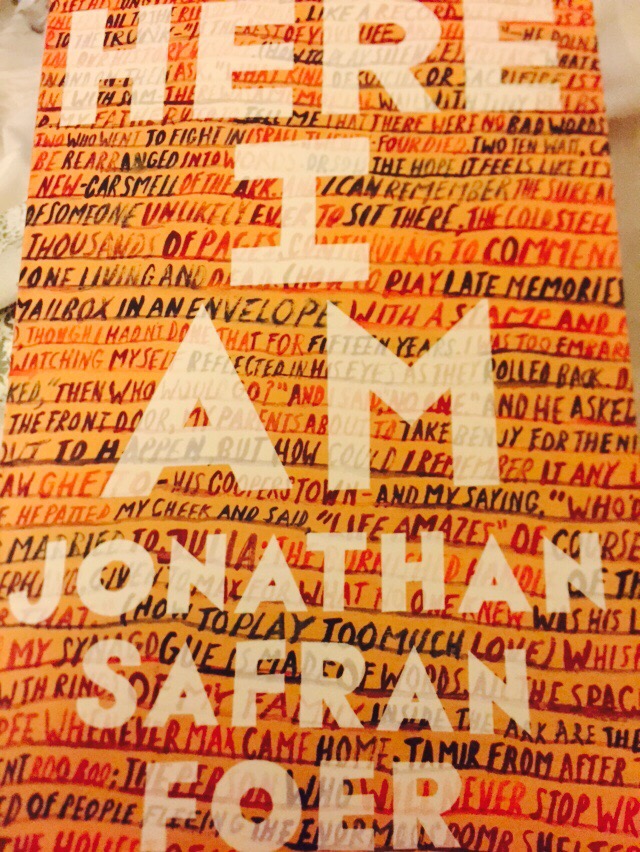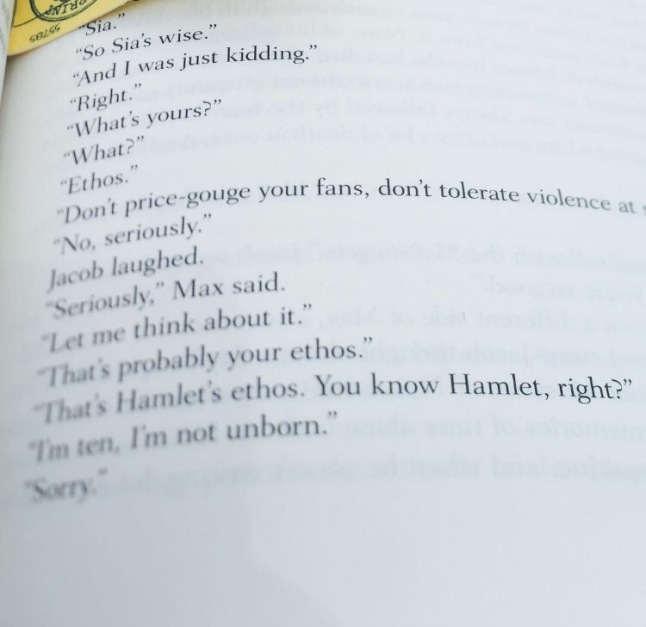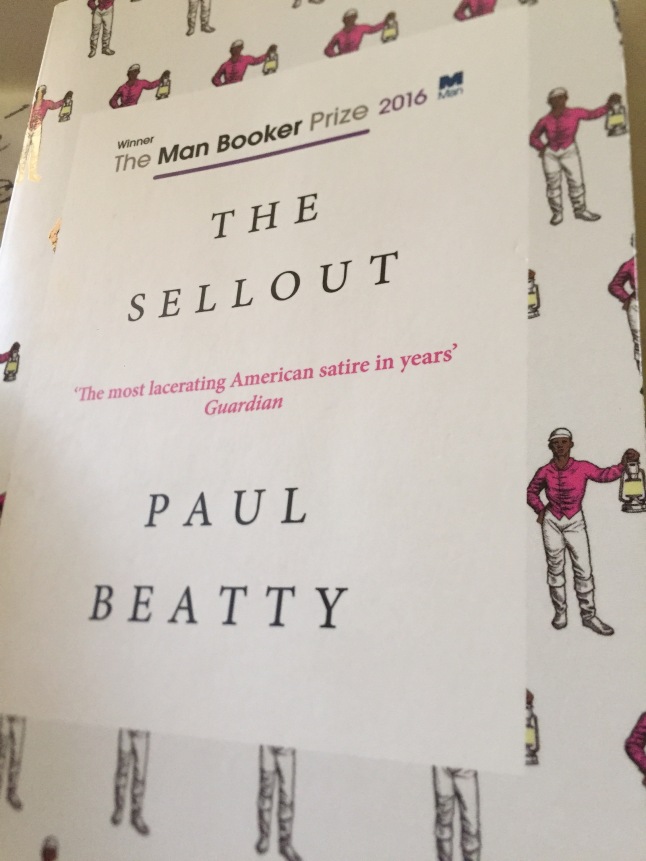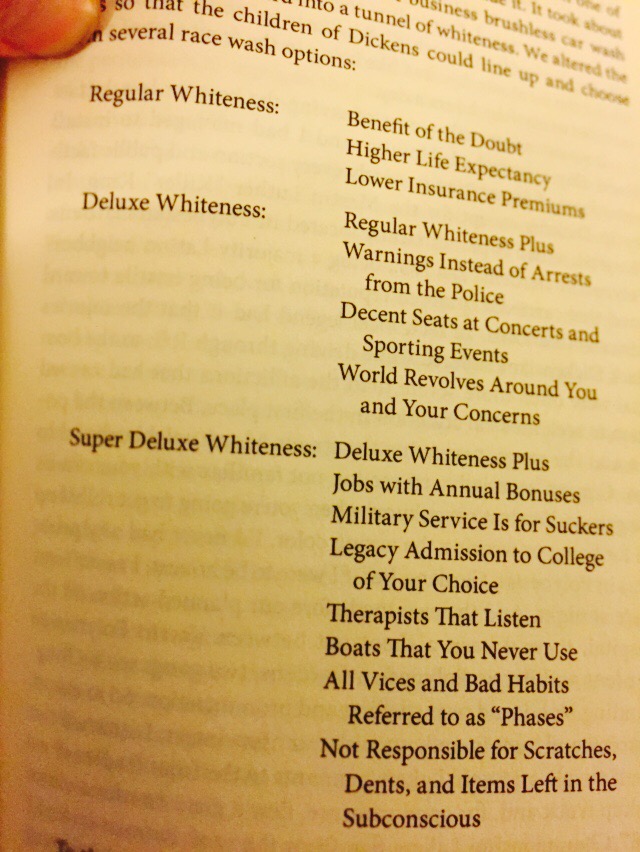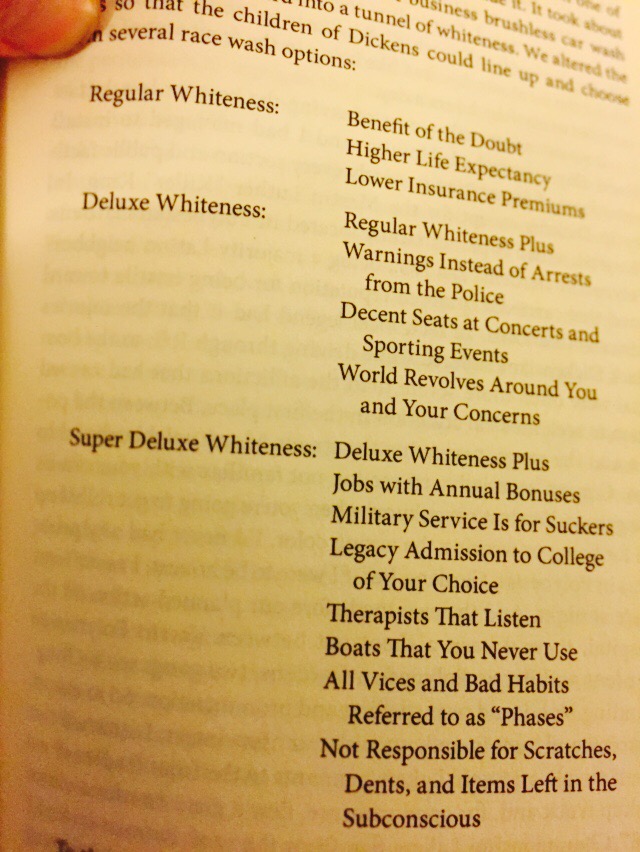What isn’t a Tim Winton novel in 21st Australia?
The tags of sentimentality and nostalgia have been used to describe his work since Cloudstreet despite nope of his novels since being set in the same time or place. There’s since vignettes of the WA landscape. The toxicity of the small country town, the hate and violence of a generation of men caught between the ANZAC myth and new reality of a plural Australia that – mostly- doesn’t take their shit anymore. It’s that generation between the Vietnam War era and the globalisation of Hawke and Keating in the 80’s. Instead of war or bar room brawls, it’s the kids that cop it. Or the wife. It’s something that has lingered in Winton’s writing since Breathe a violence of a culture marginalised. It’s as if one gender hasn’t evolved, taking the idolisation of ANZAC and the bronzed Aussie bush man and realising that the only power they may ever have is over their partner or kid.
The vernacular is still there. It’s not an Aussie twang, it’s not an ocker drawl. It’s a boy forced to grow up quickly, his mother suffering a long drawn out illness and his father, taken so suddenly, there’s a single minded response, it’s flight. As Jackson- Jaxie- bolts, he takes us into all the times it wasn’t flight, but there was only fight. In his desire not to be like his old man, he had become him. The school yard violence- the brutal simplicity that hacks back to the primitive is actually so true in 21st century Australia. It’s the lock out laws in response to random violence, it’s skyrocketing suspension numbers for violence. Hit a bully now and you are gone too, by the way.
The prose is electric, the capturing of Fintan simply poetic. Before you know it you are 200 pages in, then it happens. This is better than any film or TV series. This is a novelist who has aged to become even more poignant and powerful.


